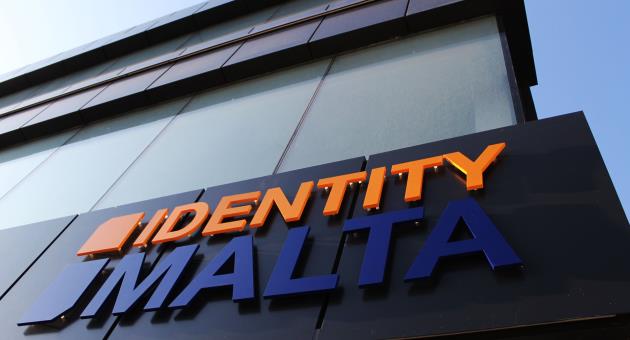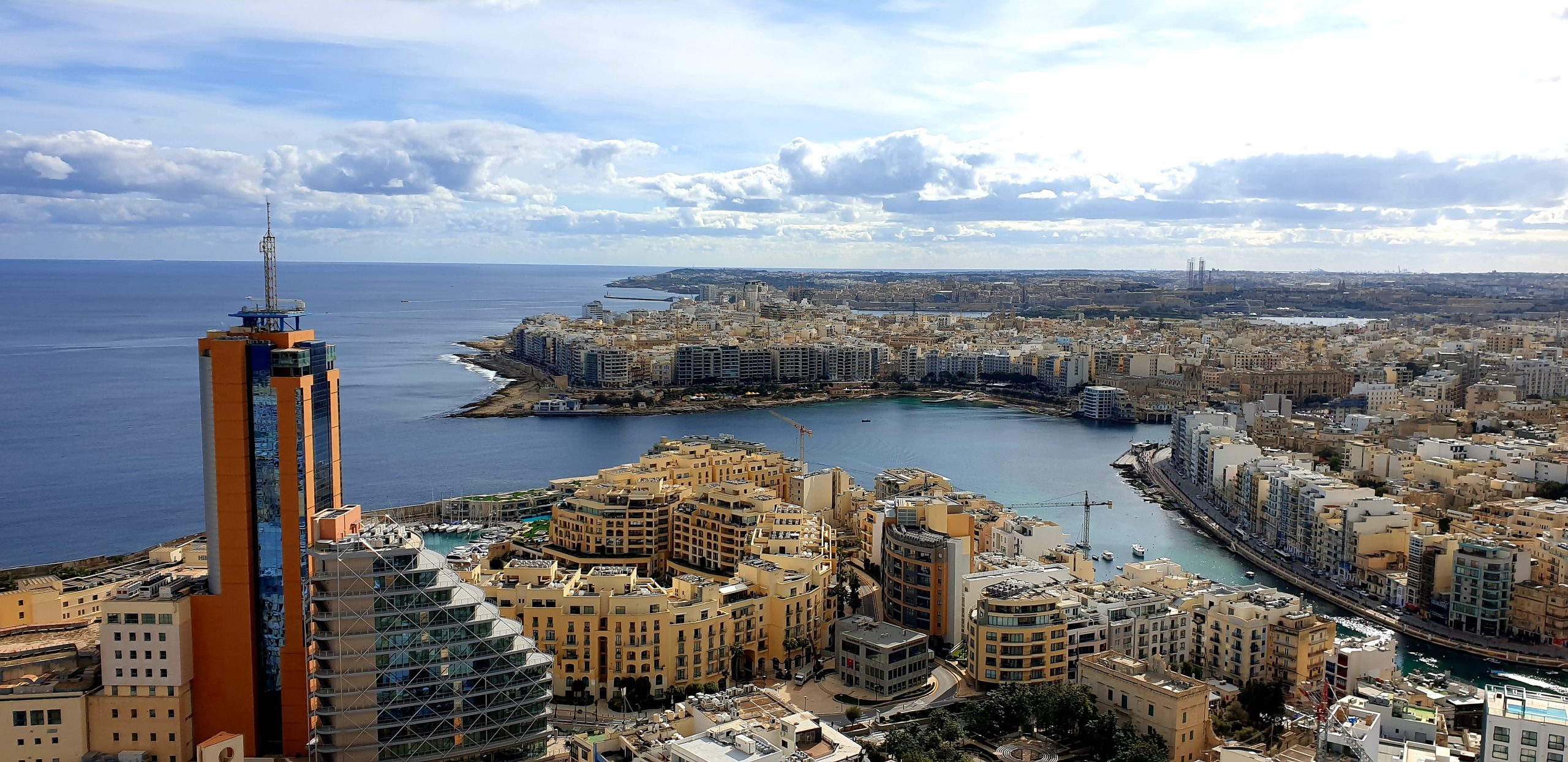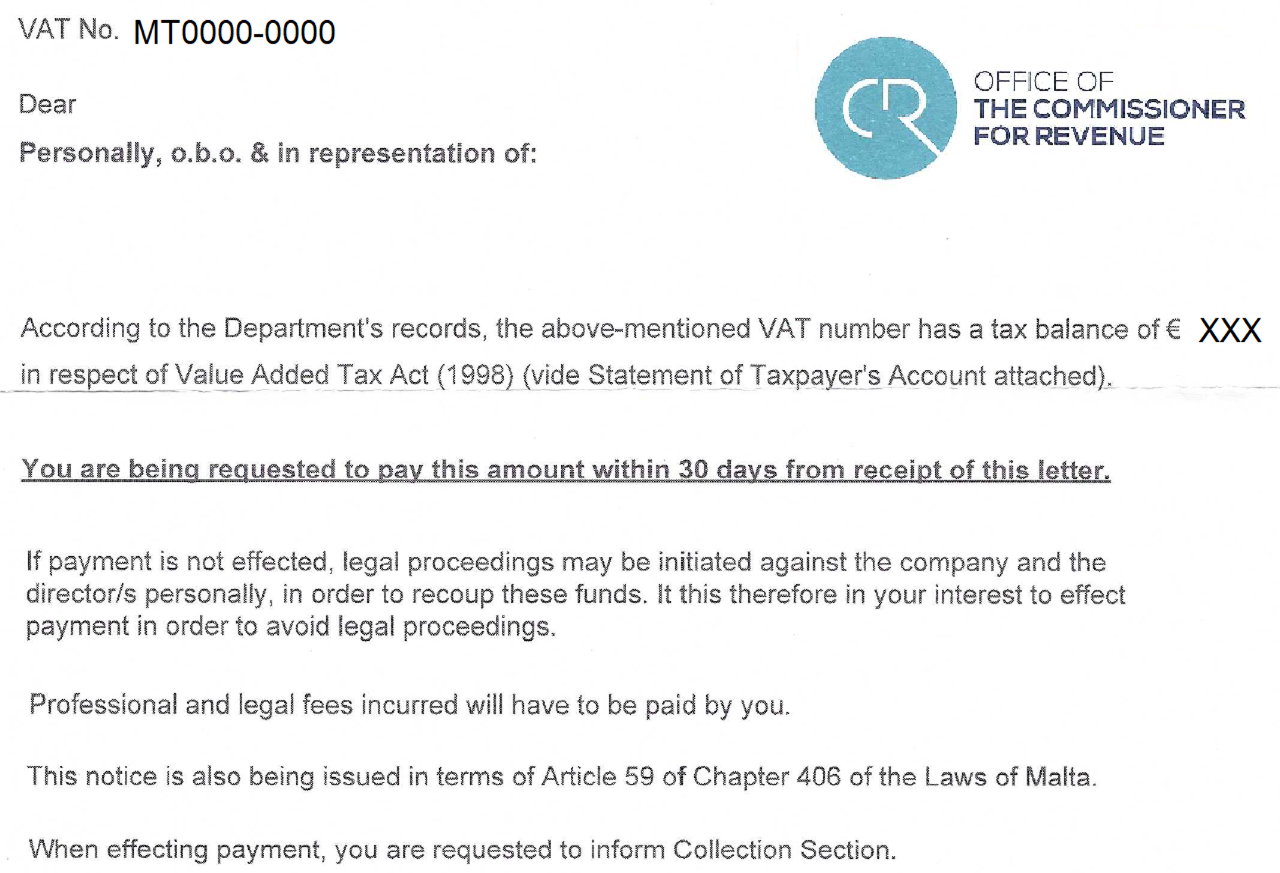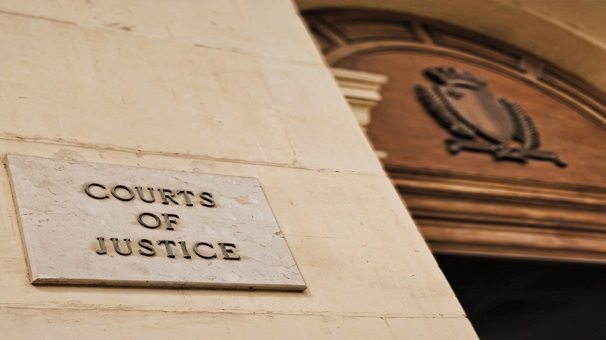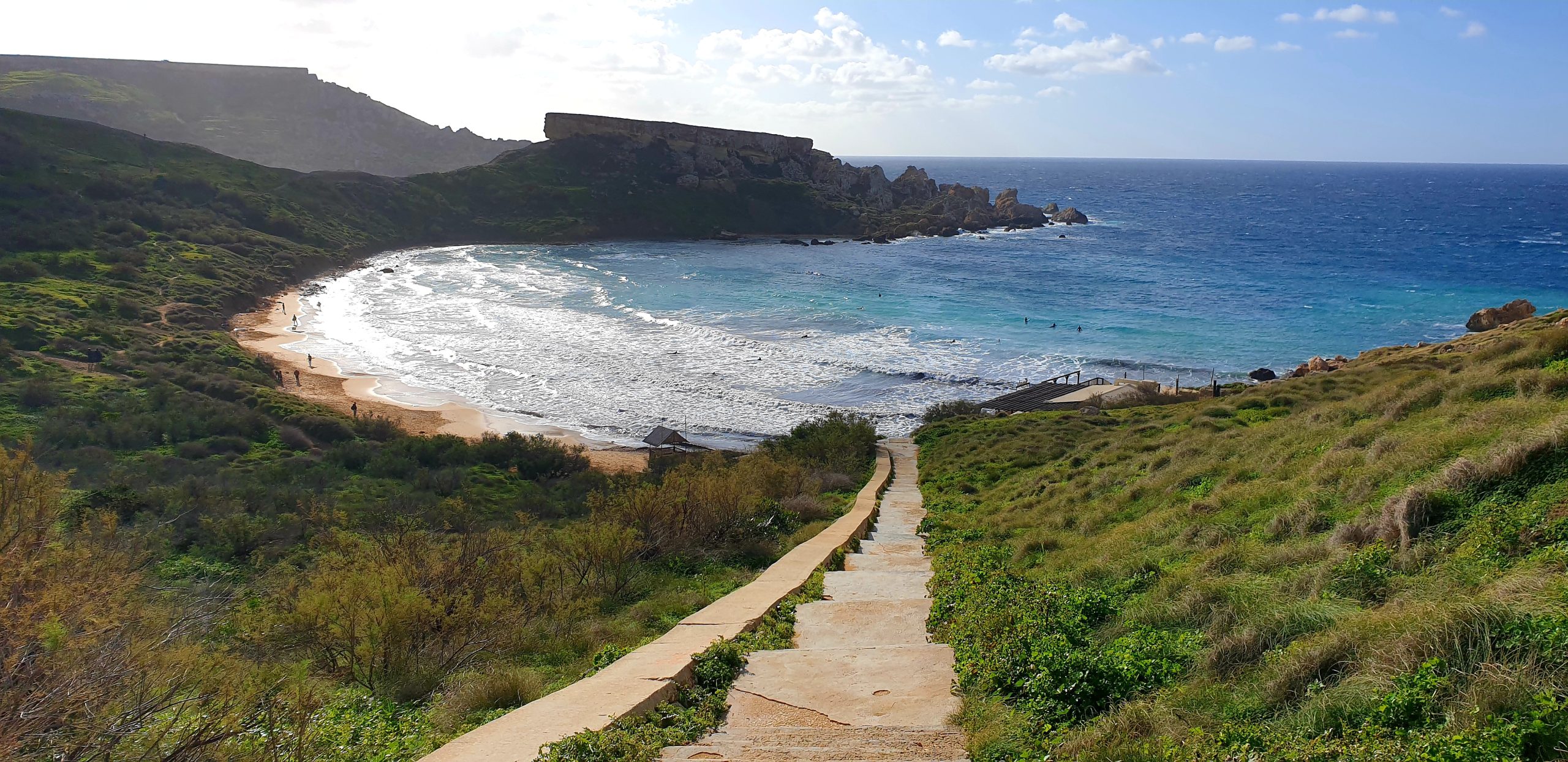“This letter is in response to your application, dated DD/MM/YY, requesting a residence permit for the purpose of employment in Malta.
Your application, as the holder of passport number XXXXXXX was submitted under the Single Permit procedure, as provided for in Subsidiary Legislation 217.17 of the Laws of Malta.
“Please be informed that your request has been granted in principle, but this letter is NOT your work permit.”
This is the introduction of an Approval in Principle letter issued by Identity Malta Agency, Expatriates Unit, in response for a residence permit for the purpose of employment in Malta – Still Abroad Application. The letter goes on stating that the approval to a third country national is without prejudice to:
“- any further approval that may be required by the Maltese Health Authorities to proceed to Malta (as per Legal Notices 244, 255, 280 and 290 of 2020, and/or any subsequent related LN which maybe issued by the Health Authorities)
– any visa requirements especially if you reside in those third countries where there is yet no facilitation for the issue of visa;
– any restrictions regarding travelling to Malta imposed by states through which you would need to transit in order to reach Malta.”
The procedures instructions and rules follow, such as the need to present a Visa application form and other supporting documents to the relevant Embassy or Maltese Consulate within 180 days of receipt of the letter. If there is no Embassy or Consul present in an applicant’s country of residence, one needs to obtain the necessary authorisation to apply for a visa at the nearest operational Maltese Embassy. Failing to do so within the said 180-day period the letter becomes invalid.
It’s important to know that any letter by Identity Malta Agency has a unique QR Code, a link and a unique code number to verify the integrity of the document. When you click on the link, it will ask you to input the unique code found on the letter to verify the document. Beware of any fake letter.
A note is also added that the issuing of a Schengen visa is without prejudice to any decision by border control authorities to refuse entry into the Schengen territory for failing to fulfil all the conditions of entry or where the intention of travelling to Malta is not for the purpose of the authorisation that has been granted to you.
Once a visa is obtained and one arrives in Malta, the next step is to obtain the work and residence permit (single permit). An appointment needs to be fixed with Identity Malta Agency to present original documents and have the biometric data and photo taken. This procedure must be carried out within 90 days of arrival to Malta. Failure to do so the letter becomes invalid. It is also important to note that failure to attend the appointment without explanation will also results in the nullification of application.
For this appointment one needs to present a set of documents:
- Valid passport
- Copy of the entry visa and passport page showing date of entry stamp
- ‘Still Abroad Part 2’ application duly filled and signed
- Insurance policy showing coverage for medical assistance
- Rental agreement
- Copy of approval letter given to landlord by the Housing Authority
- Health screening evidence
Additional documents must be submitted if one will be working in the following industry:
Catering: Food handling certificate
Security: Police licence and security tag
Drivers: European driving license and Malta driver tag
If you are an employer looking to employ Third Country Nationals, and you have difficulty with the procedure and paper works, Sciberras Advocates can handle the work permit, visa and residency process for you. Furthermore, if any of your new employees have been denied a work permit or a visa to relocate to Malta, we can file appeals with the relevant departments. For more information about immigrations, appeals and work permits, please follow these links: https://sciberras.legal/practice-areas/immigration-law/ and https://sciberras.legal/practice-areas/work-permits-residency/.
This article is for information purposes only and should not be construed as legal advice.
Article written by Ms Charlene Sciberras, B.A. (Hons), guest writer, is a marketing and business administration specialist with a special focus on corporate, accounting, and legal matters.
Sciberras Advocates founded by Dr Adrian Sciberras, is a law firm based in Malta. The firm prides itself to be multi-disciplinary, innovative and flexible in order to meet the changing times and any challenges in the local and international legal scenario. No matter what private or corporate complex demands are called for, Sciberras Advocates offers practical and cost-effective legal solutions to achieve your desired results. You may reach Sciberras Advocates by phone on +35627795222 or via email on [email protected].


